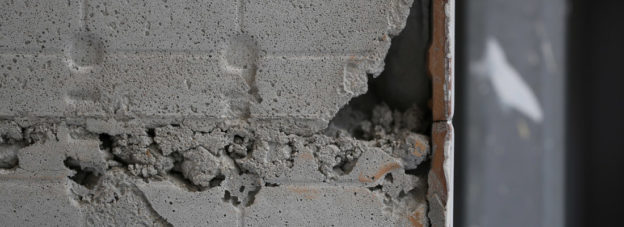In Commercial Painting Co. v. Weitz Co. LLC, No. W2019-02089-SC-R11-CV, 2023 Tenn. LEXIS 39 (Weitz), the Supreme Court of Tennessee (Supreme Court) considered whether the economic loss doctrine barred the plaintiff’s claims for fraud, negligent misrepresentation and punitive damages arising out of a contract with the defendant for construction services. The court held that the economic loss doctrine only applies to product liability cases and does not apply to claims arising from contracts for services. This case establishes that, in Tennessee, the economic loss doctrine does not bar tort claims in disputes arising from service contracts.
In Weitz, defendant, Weitz Co. LLC (Weitz), was the general contractor for a construction project and hired plaintiff Commercial Painting Co. (Commercial) as a drywall subcontractor. Weitz refused to pay Commercial for several of its payment applications, claiming that the applications were submitted untimely and contained improper change order requests. Commercial filed a lawsuit against Weitz seeking over $1.9 million in damages, alleging breach of contract, unjust enrichment, enforcement of a mechanic’s lien, and interest and attorney’s fees under the Prompt Pay Act of 1991. Weitz filed a counterclaim for $500,000 for costs allegedly incurred due to Commercial’s delay and defective workmanship. In response, Commercial amended its complaint to add claims for fraud, intentional and negligent misrepresentation, rescission of the contract and $10 million in punitive damages. Commercial alleged that Weitz received an extension of the construction schedule but fraudulently withheld this information from Commercial and continued to impose unrealistic deadlines.






